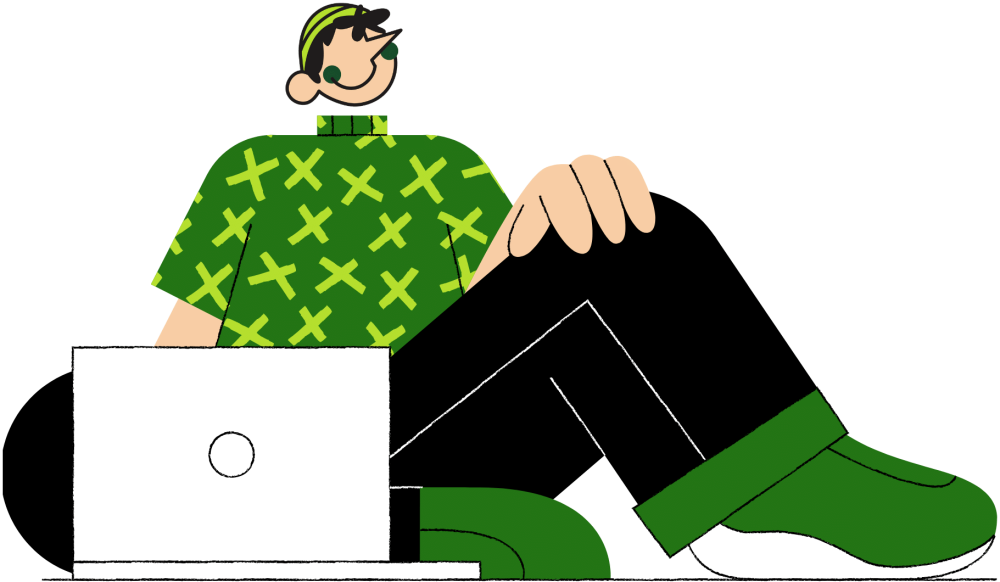There is a debate among white people about feelings. Some say they don’t feel at all, some are flooded with feelings, and some are convinced feelings are an irrelevant distraction keeping us from the real work of racial justice. White people have been numb for so long that many of us have forgotten how to feel. Yet, to feel is human, and when we aren’t fully human, we remain bound to the robotic dominating patterns that keep racism alive, despite our best efforts. I know that’s not what we want. So, let’s dive in.
Before I begin, I want to acknowledge the Cowlitz, Columbia, Grand Ronde, and Siletz people as the stewards of the area where I live and thank them for their leadership. I also want to acknowledge the people who have cultivated me. I would not be here without my family – by birth and by love – and the wisdom and leadership of Jomo Greenidge, who transitioned to ancestor in December 2020, as well as countless people who have challenged, strengthened, guided, invited, and loved me to a more whole version of myself. I honor you all.
She knows me quite well by now. We practice healing together every week.
One day, she said, “I’m having trouble believing.”
She tells me that when she lived in Portland, she believed. But after moving to another part of our country, she’s struggling to see how ending racism could be possible when no one around her is talking about it.
“I don’t always believe either,” I say.
“I didn’t know that,” she responded.
“Really?” I ask.
“Really,” she says. “You seem so sure we can do it, and I’m not sure your model will work in enough places to gain critical mass,” she continued.
“That’s good for me to hear,” I say.
Let me be clear: I am you, and you are me.
I doubt. I feel sad-mad a lot. I get disappointed in myself and white people, and I regularly cuss all of us out in my head. I feel discouraged with the same frequency as I brush my teeth and love to say how I might quit and go open an Etsy shop. My stomach and shoulders tell on me even when I seem calm, I sob regularly, and I lose sleep feeling hopeless, helpless, and powerless to stop racism from happening.
And then I heal.
Because what I’m learning is that all of these feelings are a response.
Racism isn’t good for white people, and we must stop believing it benefits us to face ourselves more accurately.
James Baldwin says:
You cannot lynch me and keep me in ghettos without becoming something monstrous yourselves. And furthermore, you give me a terrifying advantage. You never had to look at me. I had to look at you. I know more about you than you know about me. Not everything that is faced can be changed. But nothing can be changed until it has been faced. History is not the past. It is the present. We carry our history with us. We are our history. If we pretend otherwise, we literally are criminals.
When we ignore or suppress our human response to racism, we become the very monsters Mr. Baldwin warns us of.
Numbness causes us to believe:
- Racism will never end
- I can’t make a difference
- Someone else will save us
- Doomsday is inevitable
None of these are true; they are patterns, and we are so much more than our patterns. But we can’t know that without feeling.
When I start to go numb, I remember those pictures of our people who attended lynchings as if torture was entertainment.
I don’t want to become them. I cannot attempt to endure terror and let it make me a monster. I must feel it. Not any particular feeling – just feel. Slow down, notice, name, and attend to what’s always been there. Just like them, we know racism is wrong. But unlike them, we must stay with our feelings, which, I suspect, might be our greatest fuel for ending racism.
Because once we are no longer numb to the pain of racism, we can’t help but join the movement to end it.
What if you start to feel and get swept away by a flood?
It’s entirely possible.
And if you do, you’ll soon realize that surplus is always better than drought.
Floods have the potential to fuel, grow, power, refresh, clean, restore, alter, nourish, and provide benefits for generations to come.
yung pueblo says it this way:
as our ability to
know and heal ourselves
deepens, we will be better
equipped to examine the
world more carefully
and heal it more
effectively
We need you.
Alive. Feeling. Tending your humanity.
One moment at a time.
Day by day.
Because when we do, we become more equipped to heal our world.
And that’s good news.
no one gets here alone, and I am no different
The brilliant beings who have contributed to these ideas are Jomo Greenidge; Camille Bass; Kathleen Rice; M, J, and A; Mrs. Kubiaczyk; James Baldwin; Kristen Rebelo; Sidney Morgan; Velynn Brown; Jody Rutherford; Resmaa Menakem; Sonja Renee Taylor; yung pueblo; and countless more.


